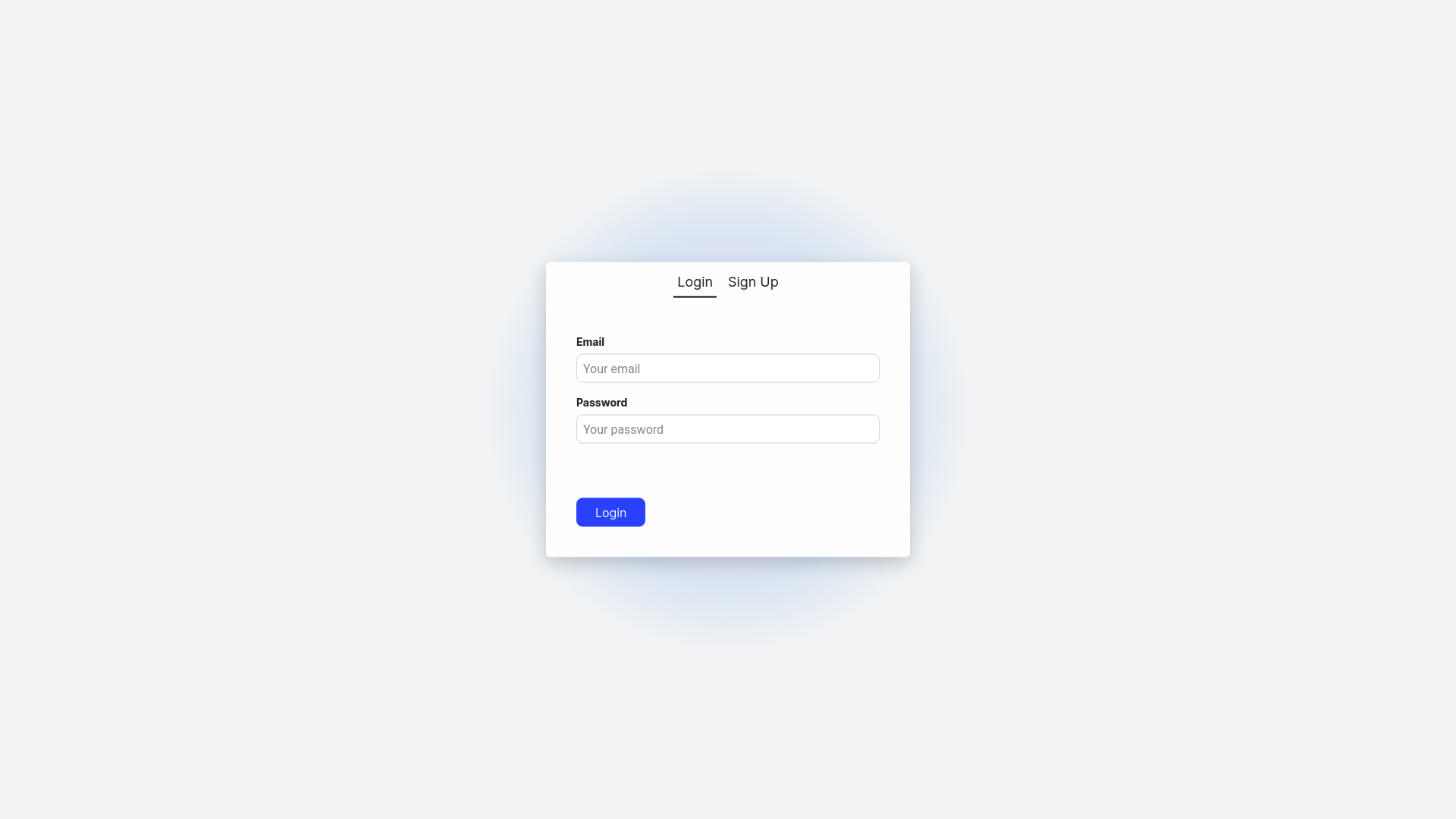Open Source Alternative to:
Repository activity:
Stars2,413
Forks254
Open Issues98
Last commit3 months ago
License:
GPL-3.0
Languages:
Vue
JavaScript
SCSS
Comp AISponsored
Get SOC2, ISO 27001 or HIPAA compliant in 4 weeks. Get started instantly, no sales calls, no upfront contracts.

Quant-UX is a comprehensive research, usability, and prototyping tool designed to help you quickly test your designs and gain data-driven insights. It simplifies the process of validating your ideas by enabling you to create interactive prototypes, share them, and learn from user feedback and analytics.
- Prototype: Use our visual editor to create interactive prototypes that feel like real apps within minutes.
- Visual Designer: Draw app screens, add UI elements, and connect them. Enhance your prototypes with animations, logic flows, and form validation.
- Design Systems: Create scalable design systems using design tokens, components, and master screens.
- Interactive Widgets: Access a wide range of ready-to-use, fully functional UI elements for your prototypes.
- AI Assistant: Our enhanced AI Assistant simplifies repetitive tasks, delivering faster and more accurate results.
- User Testing: Perform usability tests with real users by simply sharing a link.
- User Tasks: Define user tasks upfront and allow testers to track their progress.
- Screen Recordings: Automatically record every test for later review.
- A/B Testing: Create alternative versions of your prototype and compare them in an A/B test.
- Links & QR Codes: Use QR codes to test your prototype directly on mobile devices.
- Analytics: Automatically compute relevant insights and visualize them in the analytic canvas.
- Heatmaps: Understand where users click and if they find actionable elements.
- Automatic Evaluation: Extract success rates and other KPIs from test data automatically.
- Drop Offs: Identify where users drop off and how long they need for their tasks.
- Surveys: Build surveys into your prototypes to collect direct user feedback.
Quant-UX is trusted by thousands of users worldwide for its ease of use, powerful analytics, and ability to provide reliable metrics. It is an invaluable tool for students, researchers, and professionals looking to make data-driven design decisions.